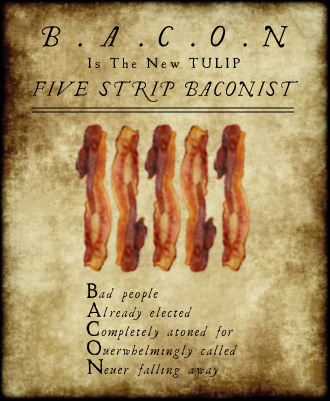Before I started blogging, I made up my mind about certain practices I would try to keep. I was an avid reader of various blogs for several years, but noticed a few patterns of some writers. One deals with valid criticisms readers raise. It bothers me to see a thoughtful push back of an author’s post and no response. The following is an actual exchange I had with a blogger over this very practice:
Me: I regularly read your blog and gain much from doing so.
One question and this seems to be pervasive in the blogosphere: When one writes or posts a criticism of someone (as in your case with X) it seems incumbent upon the poster to be ready to interact with readers. I speak from some experience. Scot McKnight posted some of my Patheos work [e.g. “An Open Letter to Karl Giberson”], so I made myself available to interact with folks. There were 100+ comments so I interacted with any comments directed my way. Even though you are directing folks to someone else’s critique, your post by the critic of X makes it evident you agree with his take.
All this leads to me wondering why you are not interacting with your own readers and their legitimate push backs?
Best, Dave
His Response: I don’t necessarily agree. There are some blogs that don’t allow comments at all, so it’s certainly not a necessity. I do try to be available to comment at times, but other times I just have too much going on to dedicate that kind of time.
At this point I’m glad to just point people to [the critic’s] writing as I think it nicely summarizes each of my concerns.
My Response to His Response: Please bear with me…
I will invoke the ghost of Schaeffer on this one: isness does not equal oughtness. Yes, lots of blogs do all sorts of things, but that is not much of an argument, is it?
The time issue is certainly understandable, but it seems there is a Christian priority to make space when one invites comment which your blog does. Rerouting folks to the [critic’s] is of course perfectly fine, but neither one of you has answered the important question of whether you are in disagreement with other important leaders.
Dave
No response







